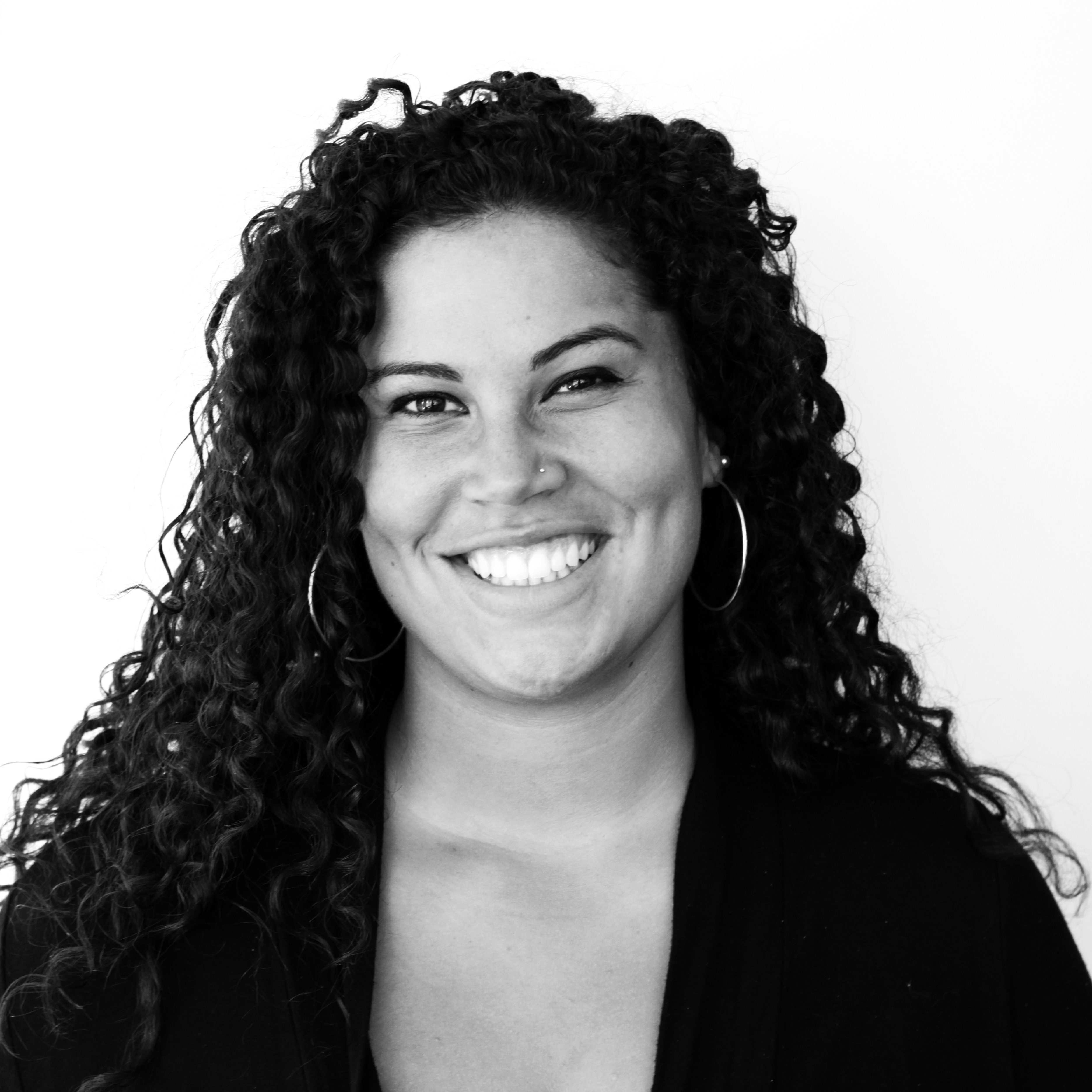Between the summer before my senior year and when I graduated college, I completed three internships, no small feat with a full course load. Although I received some financial support from my college as well as academic credit for one of them, the internships themselves were unpaid. I’m thankful for the applicable job training and professional connections but the reality is I paid dearly in the name of experience. The heavy emotional distress of giving countless hours to organizations that felt it was alright not to compensate me for labor was exhausting.
I’m aware that my story isn’t unique with the exploitative nature of unpaid internships well documented in Twitter debates and think pieces. The case against the practice often focuses on the lack of wages and its promotion of a system that values privilege over merit, rewarding those who can afford to work for free. Some former interns are fighting back and are taking their grievances to court with varying levels of success. Condé Nast notoriously ended their internship program in 2014 after numerous lawsuits. In 2015, Warner Music agreed to pay $4.2 million to former interns who filed a class-action lawsuit. And in 2017, the Olsen twins settled and distributed $140,000 among 185 interns.
But it’s not just about the paycheck. In 2017, The National Association for Colleges and Employers found that students with “paid private” internships had a much higher probability (62.2%) of securing a job prior to graduating than those with unpaid internships (41.8%) or no internship experience (43.3%). Based on these figures, there is no argument for unpaid internships—if you don’t land a paid position, you might be better off skipping an internship altogether. If you’re someone like me who put myself in a tight financial situation in order to place a bet on a better career right out of college, there’s a good chance you’re going to be disappointed.
At my internships the workload was very light and in my extensive downtime, I’d often ponder what it meant to come to work everyday, wait for or receive an assignment, and then go home after 8 hours none the richer, drained of mental energy. I felt a sense of emptiness because I was cheating the system—I could dress up my experiences as profound achievements on my resume, but in reality they were pretty trivial.
I’d ask myself, “Why am I here? What am I getting out of this? Am I valued here?” With unclear and negative answers, it got depressing very fast.
Dr. Seth Kaplan, Associate Professor in the Psychology Department at George Mason University, conducts research in the well-being of employees. While money plays a role, a larger factor is whether or not the the employee can find a sense of meaningfulness in their work. “It can be meaningful in various ways—making the world better, it can be meaningful that you were developing in some way, it can be meaningful if you’re helping people on a day to day basis or making meaningful relationships, but somehow either the job itself or you yourself are able to find some meaning in the work you do,” he told The Daily Beast in an interview.
For the most part I could not find meaning in my work. I didn’t feel like I was helping the companies in any significant way. I was able to reason that at my nonprofit NGO internship the little tasks I completed in the communications department were an important factor in promoting the mission of the organization. But in the grand scheme of things, I felt like an office accessory—nice to have but not really needed.
Theoretically, there was no real consequence if I didn’t show up—except losing course credit in one case. They could fire me, and while that’s never ideal, doing so posed no threat to my financial security. In fact, a dismissal would ultimately have made me richer. My resume may mention the positions I held and duties in tidy bullet points but it omits mention of the debt I went into buying train tickets to get to my unpaid internships. It omits the job I had to quit to make time for them. I couldn’t go out with my friends because I didn’t have money, so I either missed out or felt awkward when friends offered to pay. I lost precious time with them in my final semester chasing a dream—a writing career—that was leaving me broke and exhausted. After three years of mostly being able to support myself while away at school, I asked my mom for money nearly every week like a kid asking for an allowance which made me feel like a burden on her.
I’ve begun to see the fruits of my unpaid labor and am lucky to have started in a paid position right out of school. However, I’m an outlier among those who also stacked their resumes with unpaid experience and the psychological toll of those experiences still lingers. Employers told me all the time how much they valued my work—a really difficult compliment to believe when you don’t receive a pay stub. Yes it is possible—and important—to feel valued without a salary, but in a society that’s going to place a dollar amount on my labor regardless, it’s hard. I continue to struggle internally—constantly asking myself if I’m doing enough? Am I good enough? I don’t yet have the answers to those questions, but I do have a paycheck to tell me my work is worth something.





